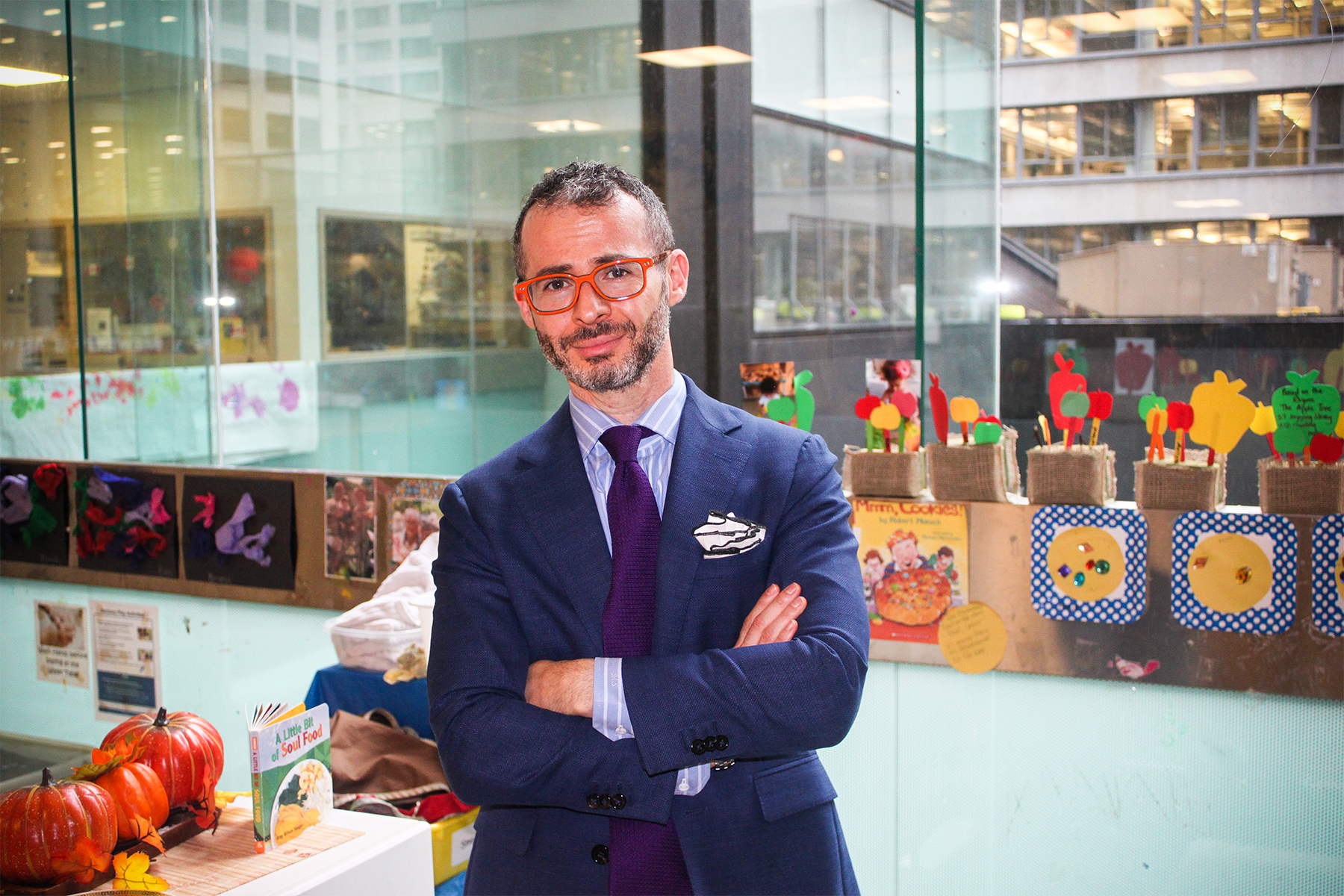How Professional Regulation Protects the Public Interest
By Marc Spector
Being RECE makes sense. It is the symbol of a lifelong commitment to excellence and professionalism in early childhood education. This means that you have demonstrated your ability to practice the profession at the highest level of your knowledge and skills, exercising judgment and with kindness, respect, trust and integrity. The RECE designation is an achievement recognized by parents, educators and early learning and child care stakeholders across the province. In the eyes of all, this is proof that you are a member of the Order and that you are a qualified professional.
In this regard, the Professional Regulation Department of the Order, with the support of the statutory committees, has a protective role. Professional regulation upholds the integrity of the profession and protects the public interest by investigating and prosecuting registered early childhood educators who commit professional misconduct – that is, those who commit criminal acts, who do not meet the standards of the profession or who refuse to fulfill their obligations. These represent only a small percentage of the profession, but they are a very important aspect of our role given the potential damage that one person alone can cause to a child or to the reputation of the profession.

By Marc Spector
Being RECE makes sense. It is the symbol of a lifelong commitment to excellence and professionalism in early childhood education. This means that you have demonstrated your ability to practice the profession at the highest level of your knowledge and skills, exercising judgment and with kindness, respect, trust and integrity. The RECE designation is an achievement recognized by parents, educators and early learning and child care stakeholders across the province. In the eyes of all, this is proof that you are a member of the Order and that you are a qualified professional.
In this regard, the Professional Regulation Department of the Order, with the support of the statutory committees, has a protective role. Professional regulation upholds the integrity of the profession and protects the public interest by investigating and prosecuting registered early childhood educators who commit professional misconduct – that is, those who commit criminal acts, who do not meet the standards of the profession or who refuse to fulfill their obligations. These represent only a small percentage of the profession, but they are a very important aspect of our role given the potential damage that one person alone can cause to a child or to the reputation of the profession.
• failed to adequately supervise children;
• physically restrained or abused children;
• falsified records relating to the presence of children;
• failed to report suspected cases of abuse to the Children’s Aid Society;
• committed sexual assault;
• produces child pornography material.
Disciplinary procedures are fair and transparent. The names of all RECEs (and even those who have been previously) appear indefinitely on the College’s public roll. The same applies to the decisions of the Discipline Committee, which means that the member’s conduct is made public and permanently recorded in his file. When an employer is considering hiring an RECE, they can consult the public register to check their disciplinary history.
The Professional Regulatory Service is very busy. In the past three months, we have received almost 80 mandatory employer reports and 12 complaints from members of the public. Five “bogus RECEs” were also reported to us. These numbers match those recorded by other professional regulatory bodies.
They indicate that parents, employers and RECEs are realizing the College’s role in protecting the public.
Parents want to make sure that the best educators will take care of their children. Employers want to recruit skilled and trained professionals, and RECEs want to be able to be rightly proud of their professional status. Anyone who damages the reputation of all RECEs and takes shortcuts by masquerading as such without the qualifications or training, and without a commitment, like you, to professionalism, deserves outrage.
Everyone wants RECEs found guilty of professional misconduct to be held accountable and “bogus RECEs” to stop using the title fraudulently. And that’s our role.